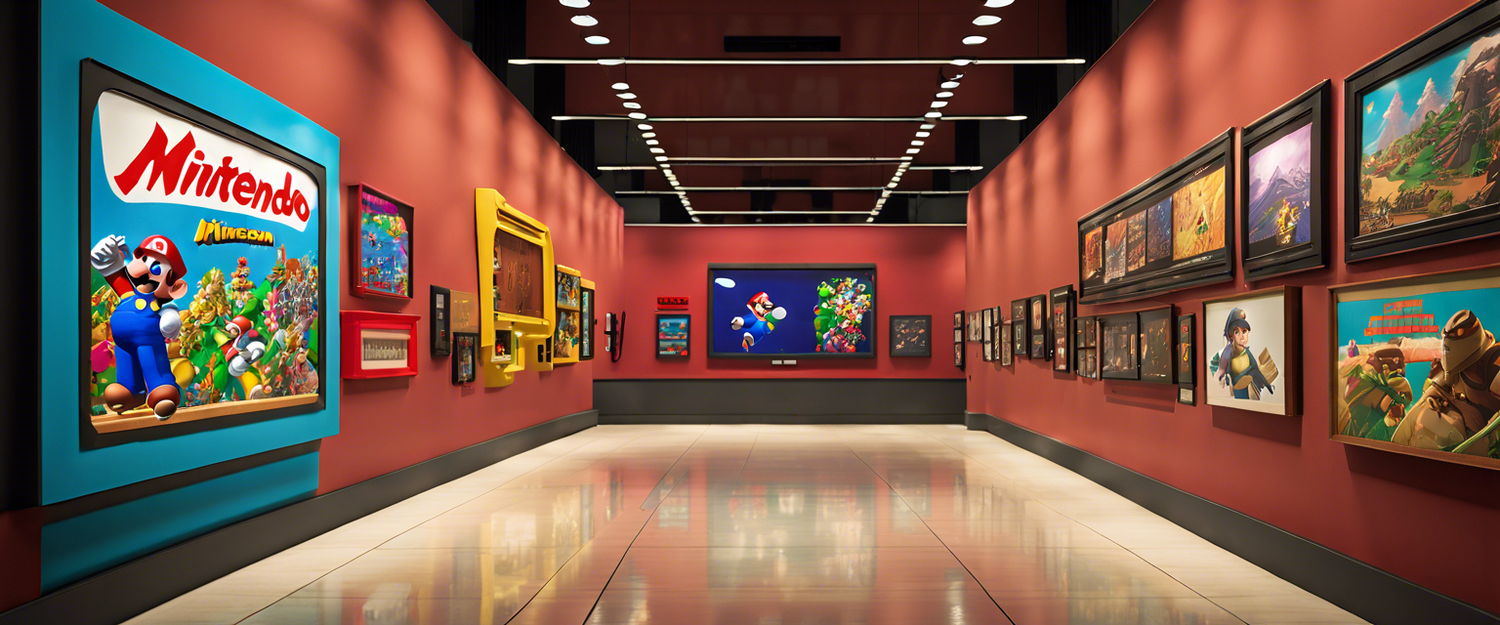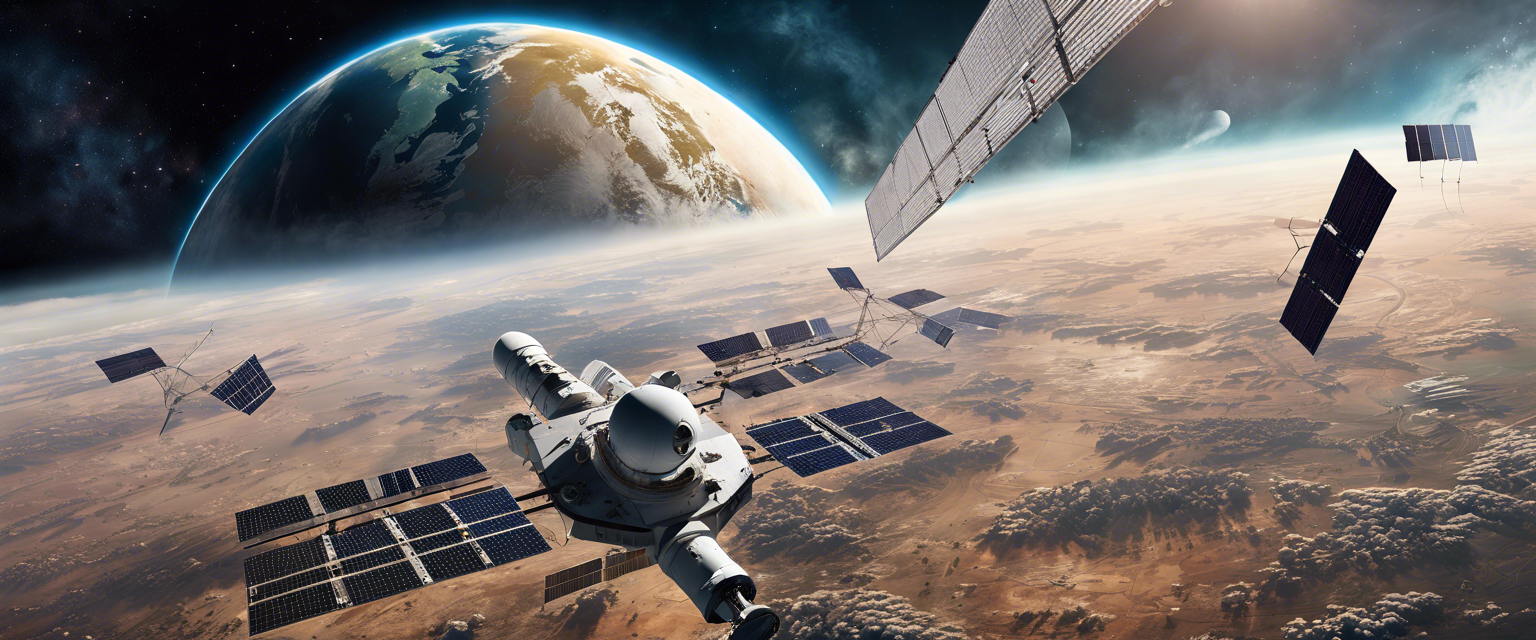The Opening of Nintendo's New Museum: A Celebration of History and Creativity
Nintendo has recently opened a new museum in Kyoto, Japan, aimed at celebrating the rich history and creative evolution of one of the most iconic video game companies in the world. The museum officially opened its doors on October 2, 2023, in a repurposed building that was initially a playing card manufacturing plant, reflecting its roots back to 1889 when it produced hanafuda cards.
Background: Inspiration Behind the Museum
The motivation for this innovation stemmed in part from Shigeru Miyamoto, the creative force behind beloved franchises like Super Mario. Fed up with delivering lengthy presentations to new employees on the company’s core values and historical significance, Miyamoto saw the museum as a more engaging way to impart that knowledge.
What to Expect: A Journey Through Nintendo's History
Visitors to the museum will encounter over a century of Nintendo history, beginning from its humble beginnings in card manufacturing to its status as a giant in the gaming industry. While the exterior of the museum may seem dull, it is embellished with playful elements that echo the whimsical spirit of Nintendo’s games, such as warp pipes and iconic characters like Toad.
Interactive Exhibits Offering Fun Experiences
One of the standout features of the museum is its theme park-like vibe, enriched with interactive exhibits that offer modernized takes on older Nintendo products. Exhibits include:
- A batting machine reminiscent of Nintendo’s earlier sports ventures
- Shadow-play games where visitors use their own shadows to help characters
- Shooting ranges with the classic NES Zapper
- Rooms filled with retro games played on emulators
- Giant accessible controllers designed for teamwork
The Depth of Nintendo's History: From Cards to Consoles
Ascending to the second floor, guests are greeted by a detailed timeline of Nintendo’s evolution. The displays showcase a variety of products, including arcade games, home consoles, and accessories throughout the decades. It looks back on Nintendo's transition from a toy company to a video game titan, highlighting some of their experimental products such as:
- Disney-themed board games from the 1950s
- Walkie-talkies and remote-controlled cars
- All the way to the innovations seen in today’s gaming landscape.
Nintendo's Emphasis on Innovation and Honesty
The museum highlights both accomplishments and shortcomings, including displays dedicated to the Virtual Boy and Wii U. This honest recognition of past ventures provides an insightful look at Nintendo’s creative trials and tribulations.
What’s Missing: Context and Historical Depth
Despite the fascinating exhibits, some critics noted that the museum lacks extensive context regarding the cultural significance of various products. Visitors are left to piece together the narrative themselves, as there is minimal information about the creative minds behind Nintendo’s successes.
A Desire for More Transparency
Moving forward, Miyamoto expressed a desire to perhaps include more insights into the development process and the creators behind Nintendo’s innovations. Providing visitors with a view behind the scenes could elevate the experience into one of not just viewing but understanding the legacy of Nintendo.
Conclusion: A Reflection of Nintendo’s Vision
The Nintendo Museum is not just a celebration of gaming; it also serves to convey Nintendo's vision of itself as an entertainment company at the cusp of a dynamic transition. With the video game industry constantly evolving, this museum acts as a timely reminder of the rich, playful history that has brought Nintendo to its current heights.
As visitors fill the halls, they are invited to rediscover not just the beloved games of their childhood, but also the innovative spirit that continues to drive Nintendo forward.



Lasă un comentariu
Toate comentariile sunt moderate înainte de a fi publicate.
Acest site este protejat de hCaptcha și hCaptcha. Se aplică Politica de confidențialitate și Condițiile de furnizare a serviciului.